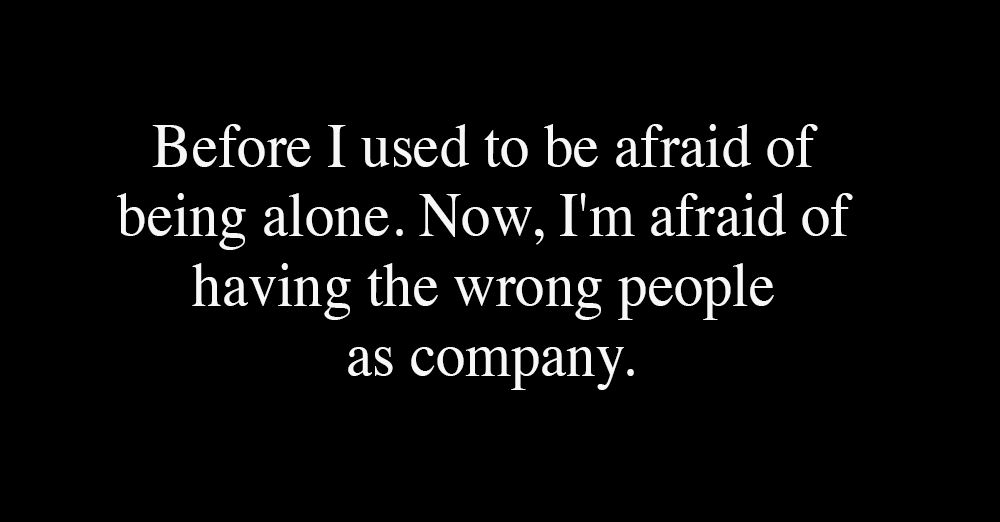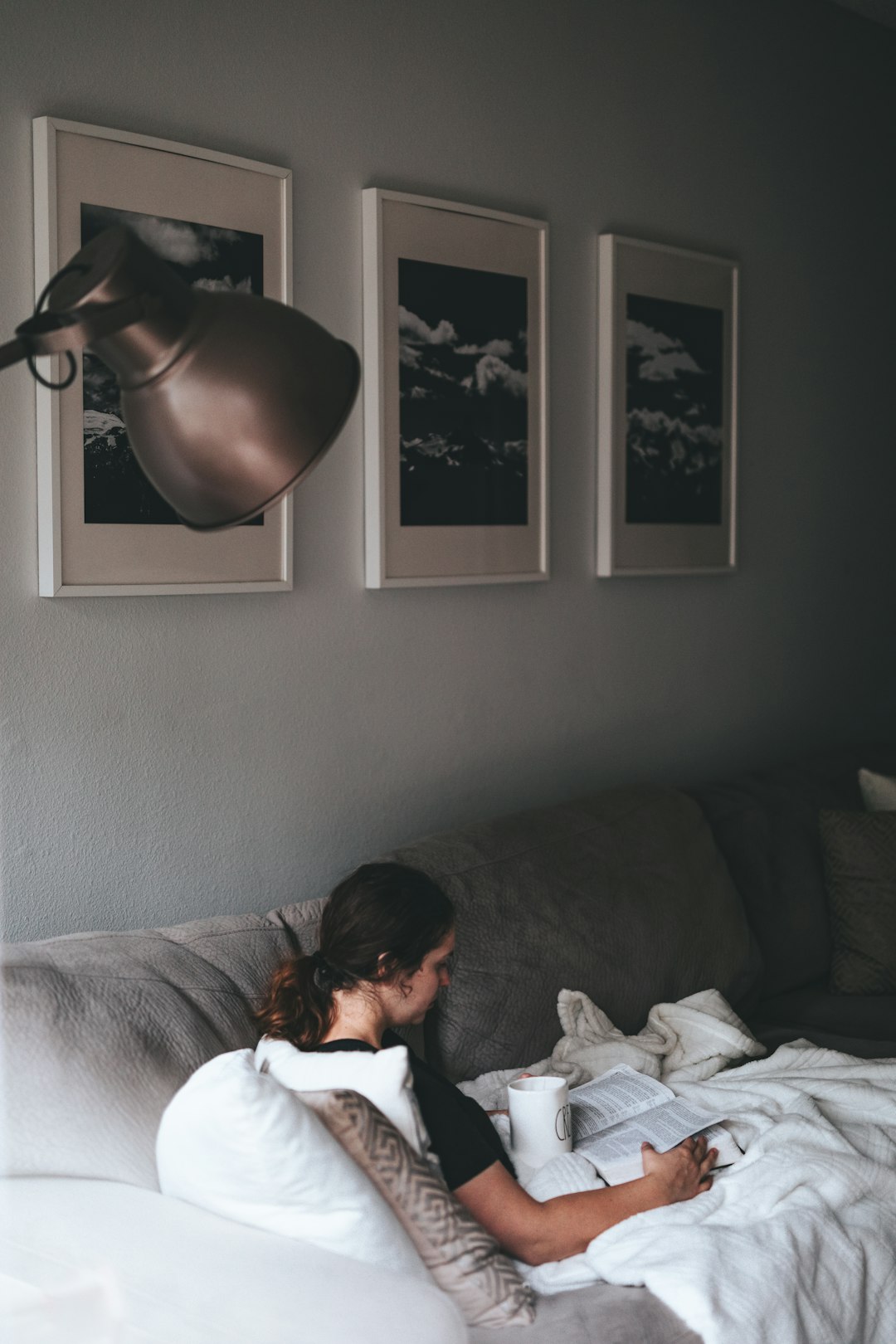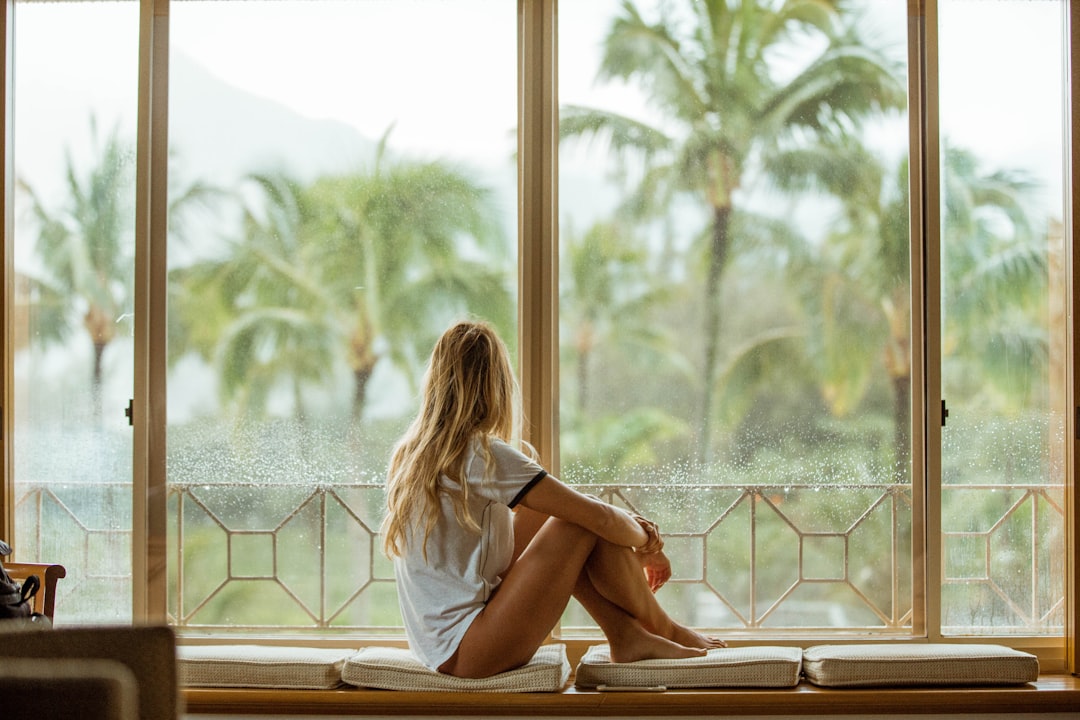7 Benefits Of Living Alone
The positive side of this social shift from group to individual is that it gives us space to breathe, to look into ourselves, to do that which makes us happy and whole. So if you’re still wondering about how living alone can benefit you, read on.

For the first time in history, great numbers of people – at all ages in all places, of every political persuasion – have begun settling down as singletons. ~ Eric Klinenberg
It was the Greek poet Theocritus who declared that “man will ever stand in need of man”, and the great Roman emperor and Stoic Philosopher Marcus Aurelius who insisted that “human beings are social animals”.

Yet more and more, the people in our society and in all countries around the world, are choosing to adopt a strange, never-before-witnessed lifestyle, on a very large scale … that of living alone.
I was fortunate enough to read American sociologist and scholar Eric Klinenberg’s book “Going Solo” recently, in my trip to Spain. Although quite a dry and uninteresting read at times, Klinenberg’s book was also very revealing, presenting an army of intriguing and eye-opening statistics about the heavily stigmatized notion of living alone.
![]()
According to Klinenberg’s research:
- In the 1950’s, 22% of American adults were single**, and 4 million lived alone. In 2012, more than 50% of American adults were single, and 31 million lived alone.
- In Stockholm (2012) 60% of all households had just 1 occupant.
- In the US (2012), solo dwellers constituted 28% of all households.
- Most solo dwellers in the US are primarily women (about 17 million), compared to the 14 million solo men. Most are middle-aged (35–64 years).
- In the 1950’s 500,000 young adults (18-34 years) lived alone. In 2012 5,000,000 lived alone.
- The 4 countries with the highest rate of people living alone are Sweden, Norway, Finland and Denmark. 40-45% of all households in these countries have just 1 person.
- In 1996 an estimated 153 million people lived alone throughout the world. In 2006, an estimated 202 million people lived alone – an amazing 33% increase in a single decade.
What an astonishing social and cultural shift!
Whereas once solitary confinement was given to criminals as a punishment, these days more and more people are actually seeking it out. The question we need to ask now is why? What on earth for?
Photo by Nathan Dumlao / Unsplash
The Cult Of The Individual
In our literature, any story of the complete isolation, either physical or psychological, of a man from his fellowman, such as the story of Robison Crusoe before he found a human footprint on the beach, is regarded as essentially a horror story. ~ David Potter
It was Austrian born economist Joseph Schumpeter who was one of the first people to predict the fall of the “bourgeois family”, and the rise in free-thinking men and women who would value their privacy and solitude above traditional family and societal structures.
We live in an age that French sociologist Emile Durkheim defines as the “Cult of the Individual”, a society that essentially revolved around “I” and “me” and “my” desires for freedom, flexibility and personal choice. As German sociologists Ulrich Beck and Elisabeth Beck-Gernsheim point out:
For the first time in history the individual is becoming the basic unit of social reproduction.
Call it egocentric, or navel-gazing, but these days we have become our own gods in the sense that our lives revolve around “my career”, “my happiness”, “my image”, “my facebook status”, “my success”. Our lives revolve around ourselves. We no longer care about chivalrously living to serve the King, the people, the country, or the god.
In and of itself, the Cult of the Individual is not necessarily a bad phenomena – although it does have the potential to create many problems both within and without ourselves if we don’t take time to sincerely invest in the happiness of others too.
7 Benefits Of Living Alone
Photo by Yury Orlov / Unsplash
The positive side of this social shift from group to individual is that it gives us space to breathe, to look into ourselves, to do that which makes us happy and whole. So if you’re still wondering about how living alone can benefit you, read on.
1. Aid us in self-discovery.
Living alone provides the perfect solitary environment to discover more about ourselves – our strengths, weaknesses, desires, motivations, behavioral patterns – with little to no distractions. Essentially, living alone gives us more time to focus on ourselves, assisting us in developing our introspective abilities that can ultimately better our lives, and the lives of others.
2. Helps to buffer us from the pressure of work.
Living alone gives you the ultimate freedom to wind down and relax, helping you to recover from your busy and intense work days. This is especially useful for empathic and highly sensitive individuals who often carry the weight of the day in their bodies, often resulting in physical and mental illness if not remedied. On the other hand, living in a house occupied with multiple people makes it very difficult to completely relax in peace and silence.
Photo by Gabriel Silvério / Unsplash
3. Helps us to return to our creative selves.
Living alone gives us the time and freedom to explore and work on our passions. Most of the greatest writers, artists and musicians connected with their creative selves in Solitude as it provides the best environment to think, to dream and to create.
4. Relieves us from the burden of responsibility.
You can do what you want, when you want, where you want when you go solo. You don’t have the drain and pressure of having constant, tedious duties to fulfill, and you never have to walk on eggshells around other people. This can be both a good and bad thing: while living with others can actually teach you beneficial life-skills, giving you first hand experience in “how to get along” with other people and how to compromise peacefully, it can also repress and hinder you from living a harmonious and enjoyable life.
5. Helps us to create inner balance.
We live in a highly networked, highly connected society that demands us to be present and engaged in the exterior world of gossip and news almost 24/7. As Klinenberg pointed out “it’s hard not to see a relationship between the demand for constant connection, whether online or on the job, and the enormous increase in the amount of time we spend on our own.”
6. Helps us to create deeper connections.
Whether with ourselves, a friend, a community or a cause, living alone gives us the gift of time, time that allows us to focus on what means the most to us, rather than superficially dividing and throwing around our attention here and there.
Photo by Roberto Nickson / Unsplash
7. Instills us with a sense of confidence and personal pride.
When living alone, we have no one to cook for us, clean for us, wash our smelly undies or grubby socks. It’s completely up to us to take care of ourselves – because if we don’t, no one else is bloody well going to. When we realize with first hand experience that we can be self-sufficient, and we can take care of ourselves, we develop a lot more respect for ourselves. This in turn enhances our sense of self-worth and self-esteem.
Read next: How Do I Become Myself Again?
Article source: originally published on lonerwolf
Please Note: this article has been re-posted without prior written consent by the original Author. Link to the original article and site can be found above this disclaimer. If you are the Author of this post and you think that we are not re-posting it under the realm of 'fair-use', please contact us here: earthangelshouse@gmail.com. We own no copyright to the Seiza Sitting picture at the bottom of this article. It was taken from the orginal article.




